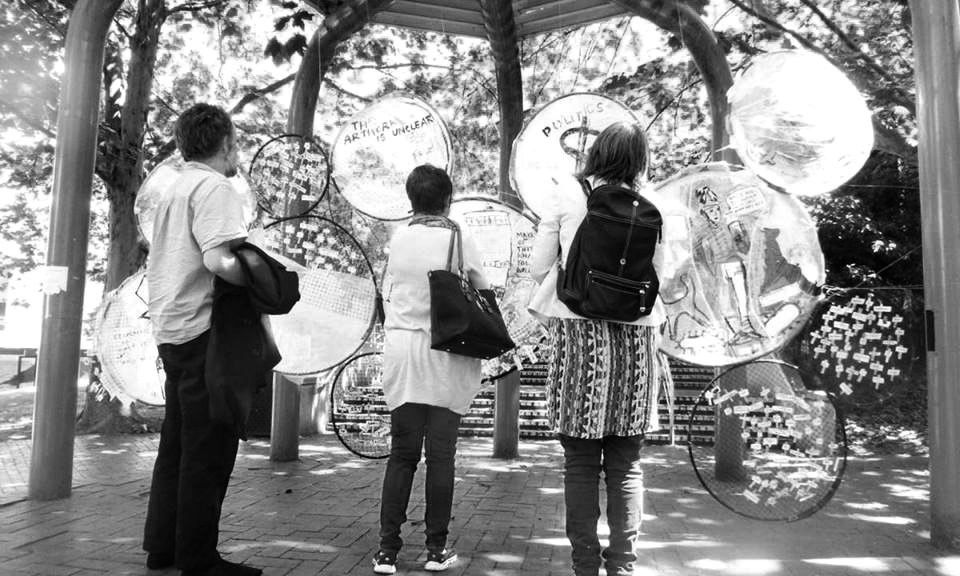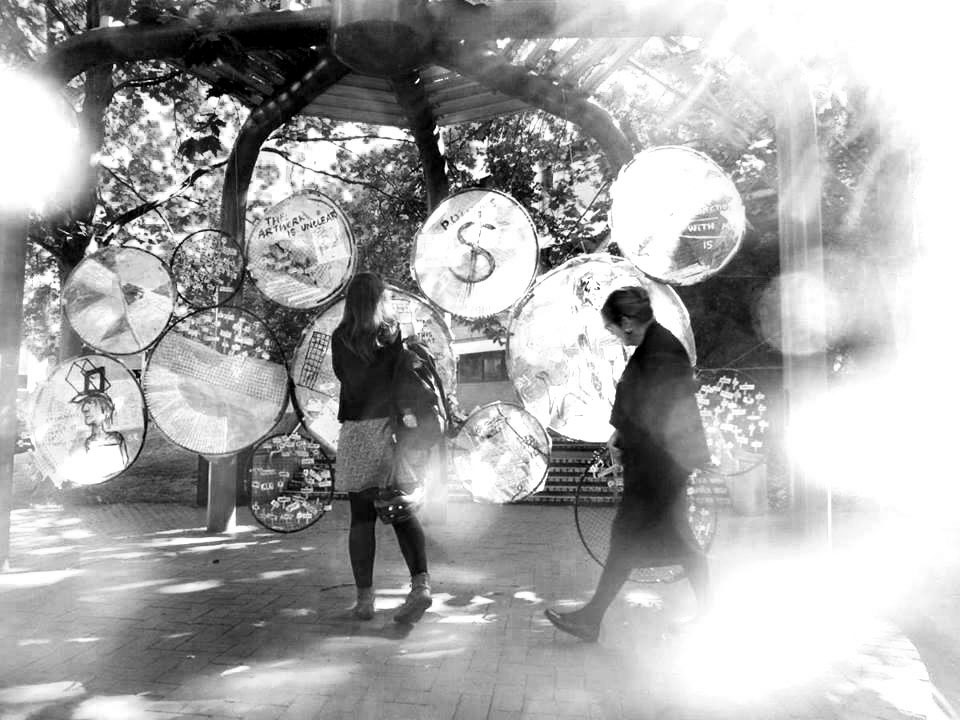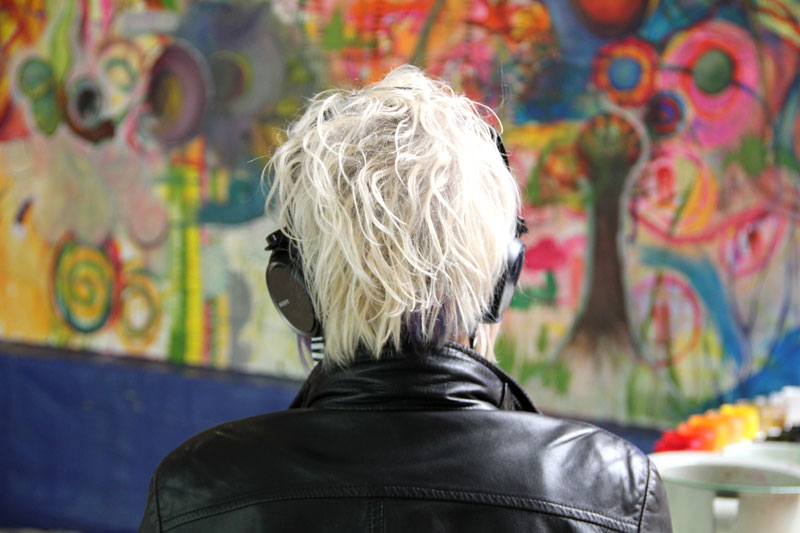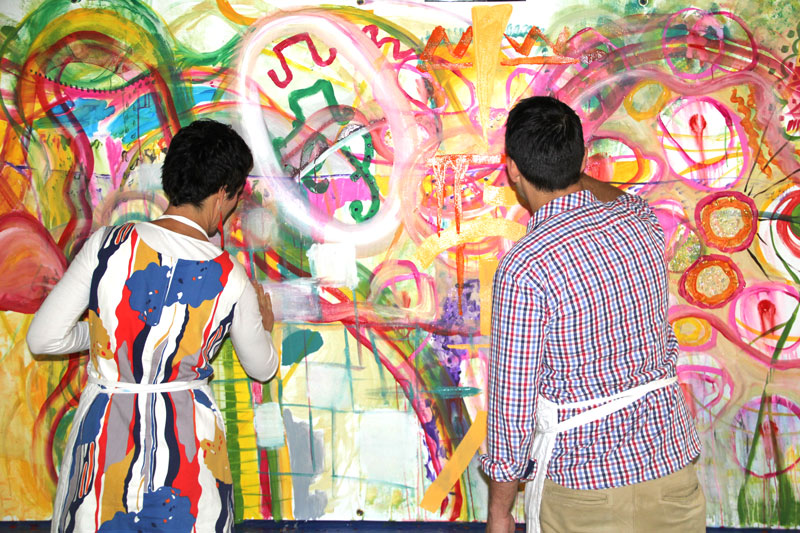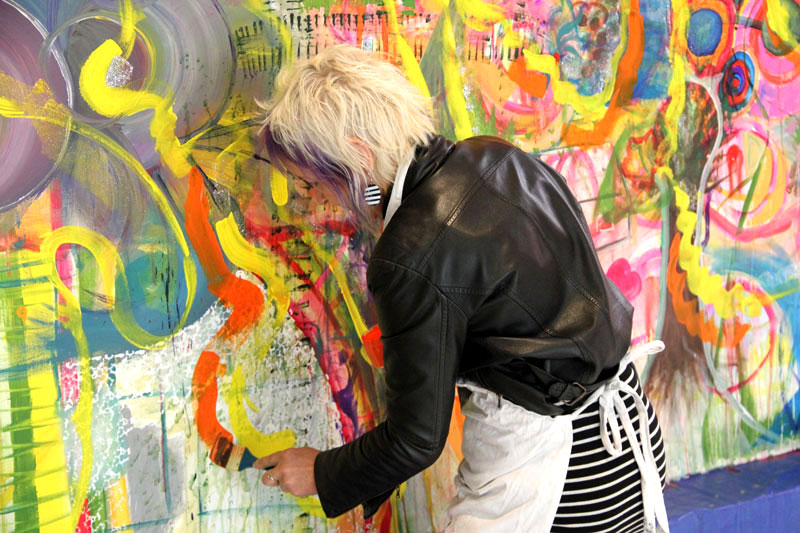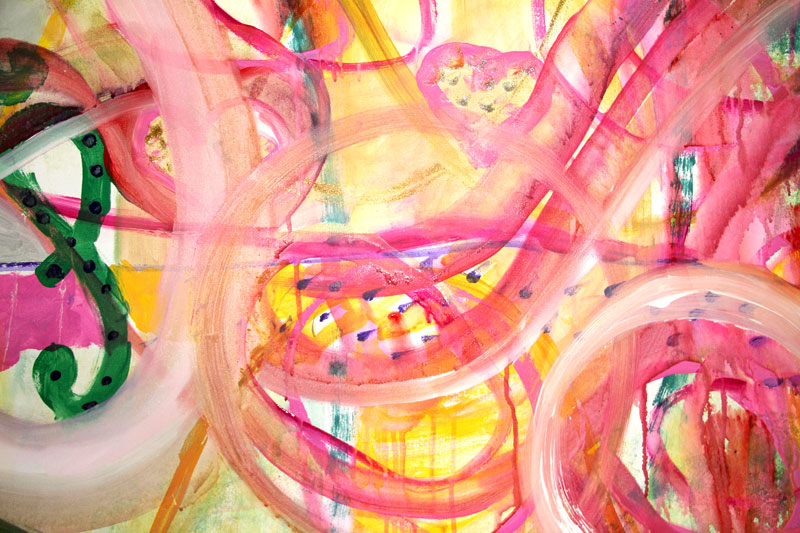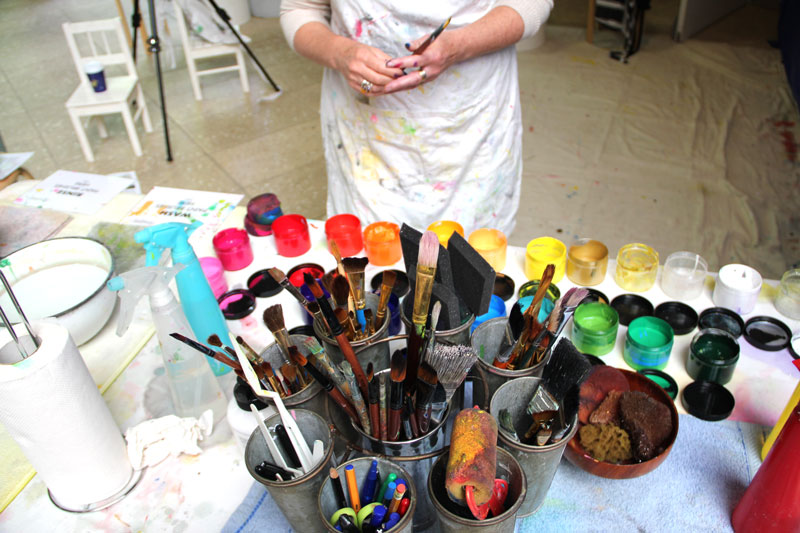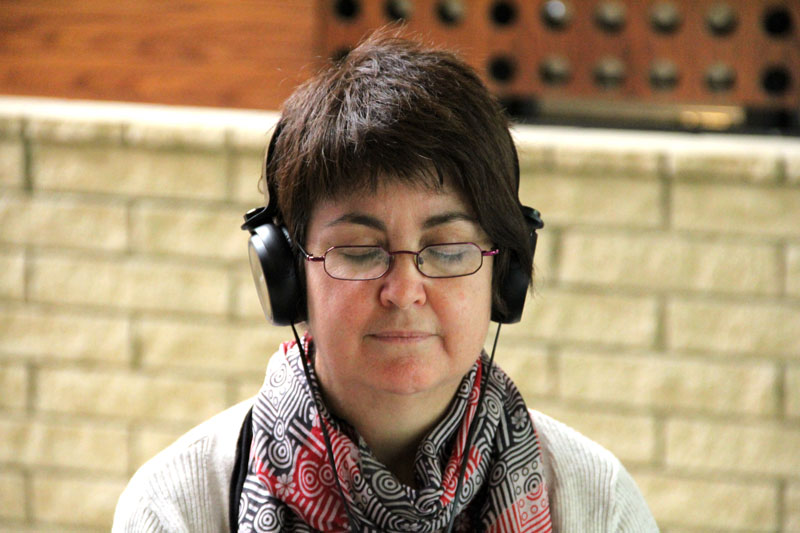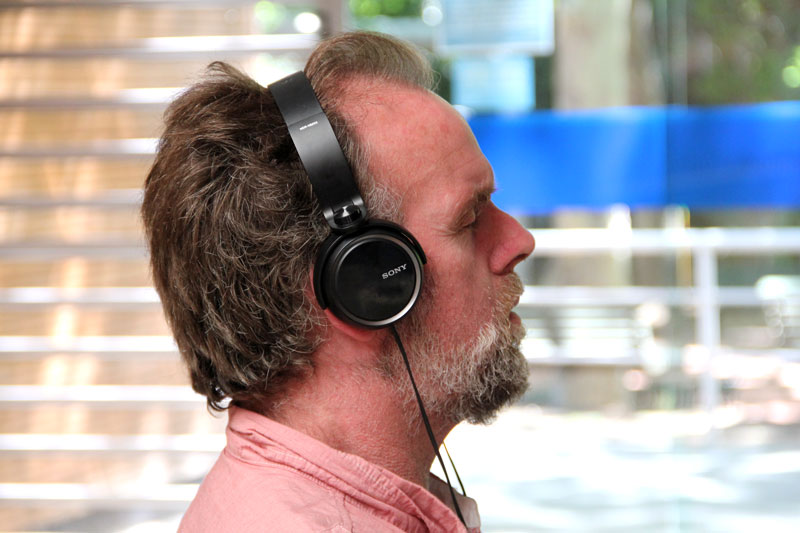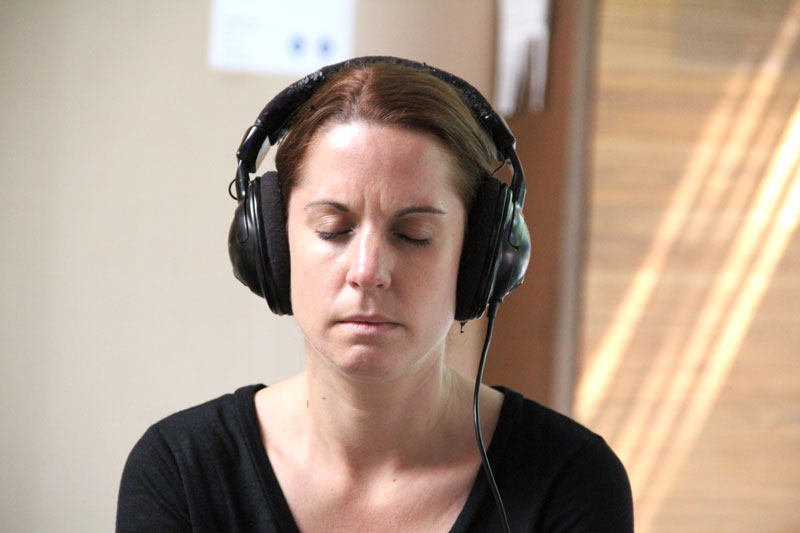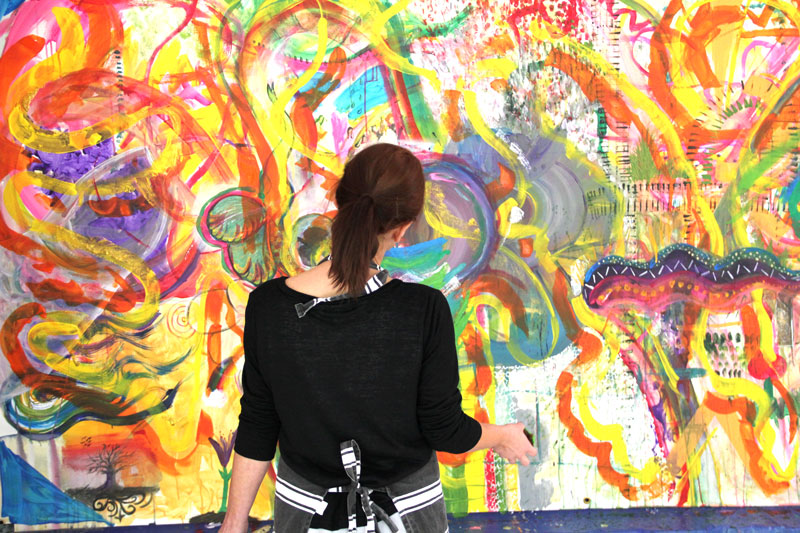Victoria University and the University of Texas El Paso:
Global Learning Exchange
Over a period of four weeks students from Victoria University Bachelor of Youth Work and University of Texas El Paso University Studies have engaged in a global learning exchange. The focus of this exchange has been ‘what is community?’ Students photographed examples of local spaces in Melbourne and El Paso and engaged in discussions via live video conferences about why these images represent community. This exchange has been supported by an Office of Teaching and Learning grant (OLT). This site is the beginnings of a virtual museum space that will grow over time.
Scroll down to see a selection of images and text that explore community.
Dr Karen Charman
Lincoln Park
Photography and text by Carlos Chavarria
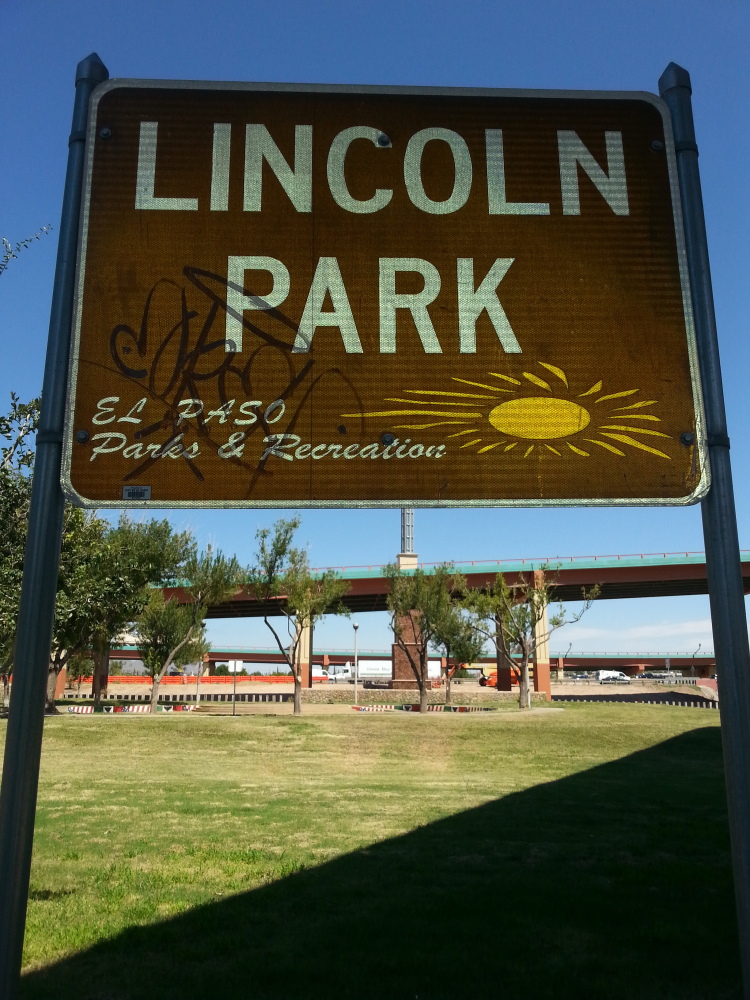
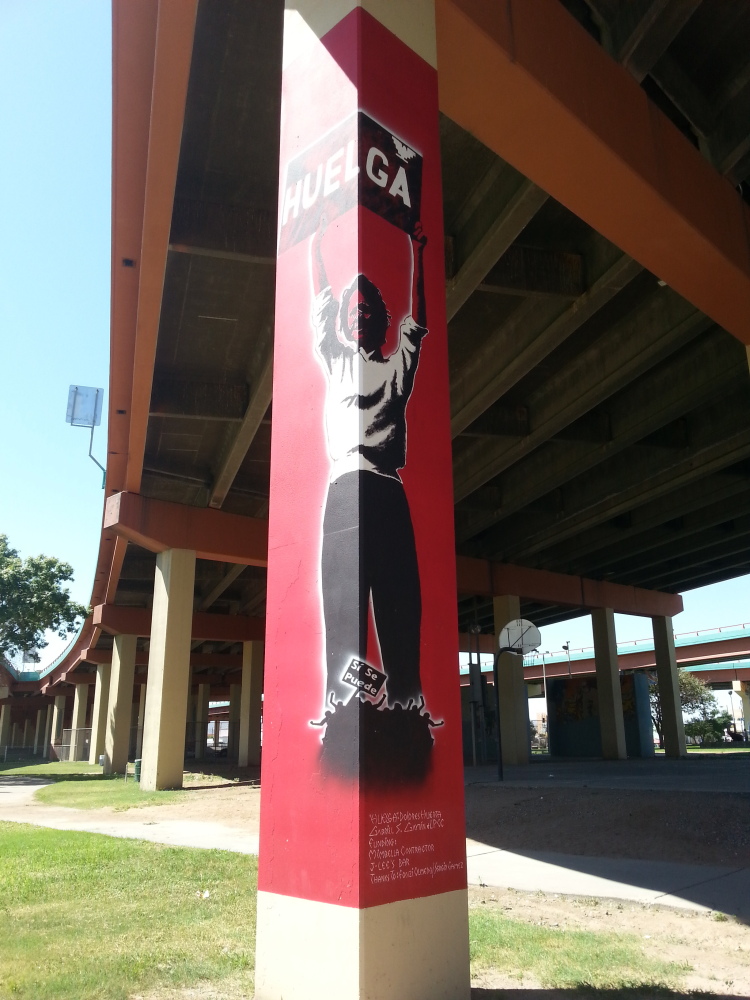
This is Lincoln Park. Located under a freeway, this park consists of different murals and artwork by various artists. There are also basketball courts and a playground. Lincoln Park is situated close to what was once Concordia, which was the site of the first Mexican community north of the Río Grande.
The second photo is titled “Huelga” and represents the struggle in which Mexican American farmers and fieldworkers faced while fighting for their rights. “Huelga” translates to “strike” in English and was widely used as a form of protest. Workers would shout “huelga” while striking and marching. Cesar Chavez, a Mexican American field worker led this movement.
Lincoln Park is really the heart of El Paso when it comes to community and connecting the different peoples within the city.
The Palais Theatre
Photography and text by Deanna Senn
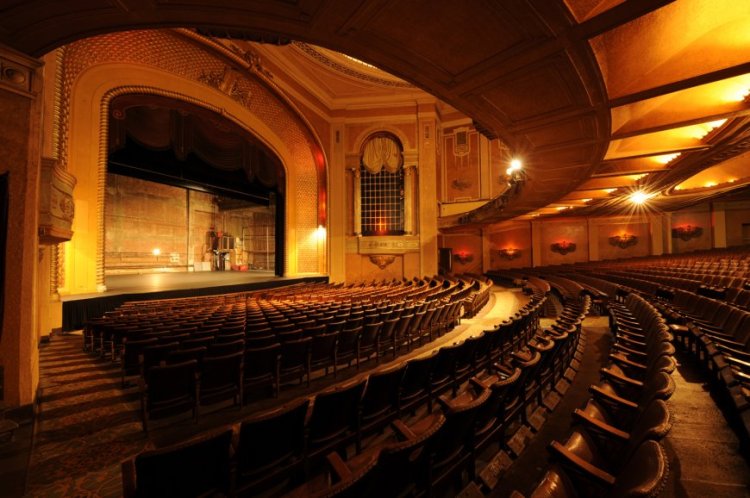
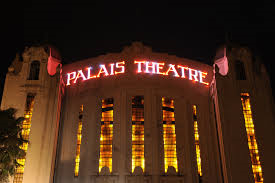
These photos are of The Palais Theatre located in the heart of St. Kilda in Melbourne. The reason why we chose this site is to illustrate the fact that although the outside of the building has had many facelifts and change of names, it still has retained many of its original features that date back to the First World War (1914).
The Palais Theatre holds a special place in the hearts of many thousands of people, with memories from events and shows. By having the Palais Theatre close to the CBD of Melbourne, it enriches the lives of those who come into its doors as it offers a gateway to new world experiences, emotions and even knowledge.
The El Paso Plaza Theatre
Photography and text by Vincent Bedjohn
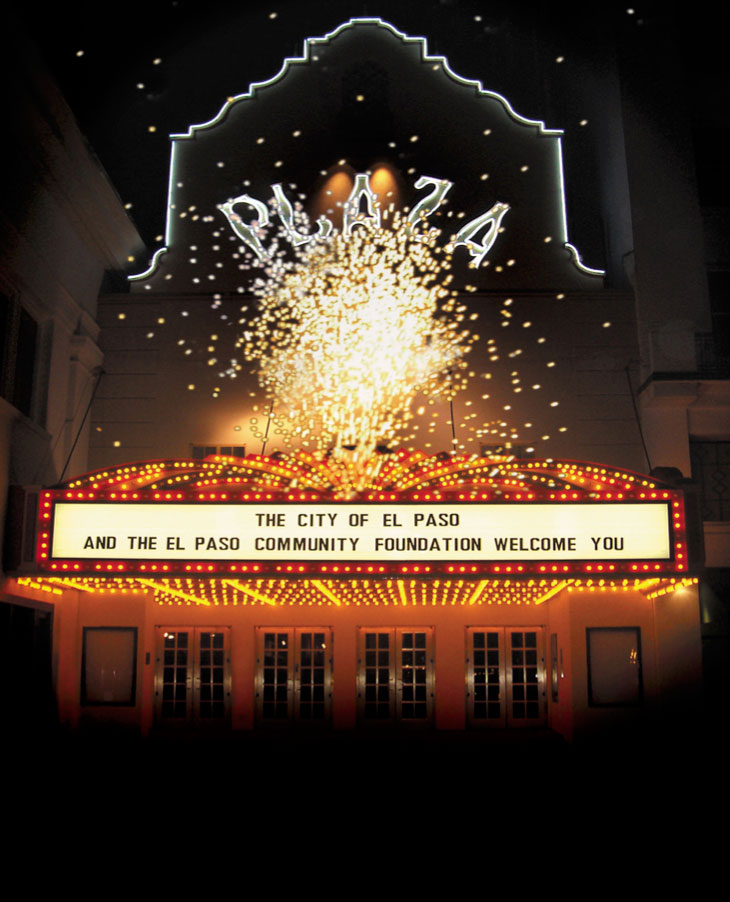
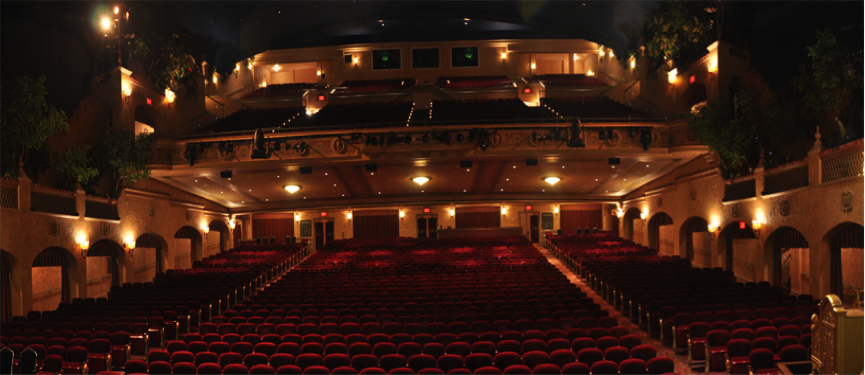
The El Paso Plaza Theatre was built during the Great Depression to entertain. From that point on it proceeded to showcase films from west Texas, southern, and northern New Mexico for 40 years. Described as having the fabled beauty of Spain and the charm of old Mexico, the Plaza Theatre was renovated in 2000 as an official project of Save America’s Treasures. The site has continued to exist because the community continues to have an interest in theatre and so provides a sense of belonging. The Plaza Theatre is listed on the National Register of Historic Places and in 2003 was declared a site of national significance.
The Melbourne Cricket Ground
Photography and text by Nathaniel Peredes
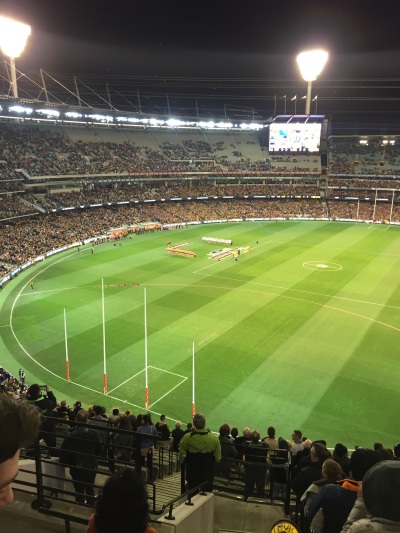
The Melbourne Cricket Ground (MCG) is our main sporting stadium. It was established in 1853, less than 20 years after the founding of Melbourne. It has been the home of Australian football since 1859, and was the birthplace of Test cricket in 1877 and one-day international cricket in 1971.
It was the main stadium for the 1956 Olympic Games and 2006 Commonwealth Games, attracts up to 100,000 fans to the annual AFL Grand Final and “the G” comes to life each Christmas at the Boxing Day Test.
The significance of this photo is that the football community is a very special one. There are sometimes problems with fans because some can be pretty rude. But when there is ever a tragedy or problem the whole footballing community comes together to support those who are suffering.
Southwest University Park
Photography and text by Javier Isaac Marquez
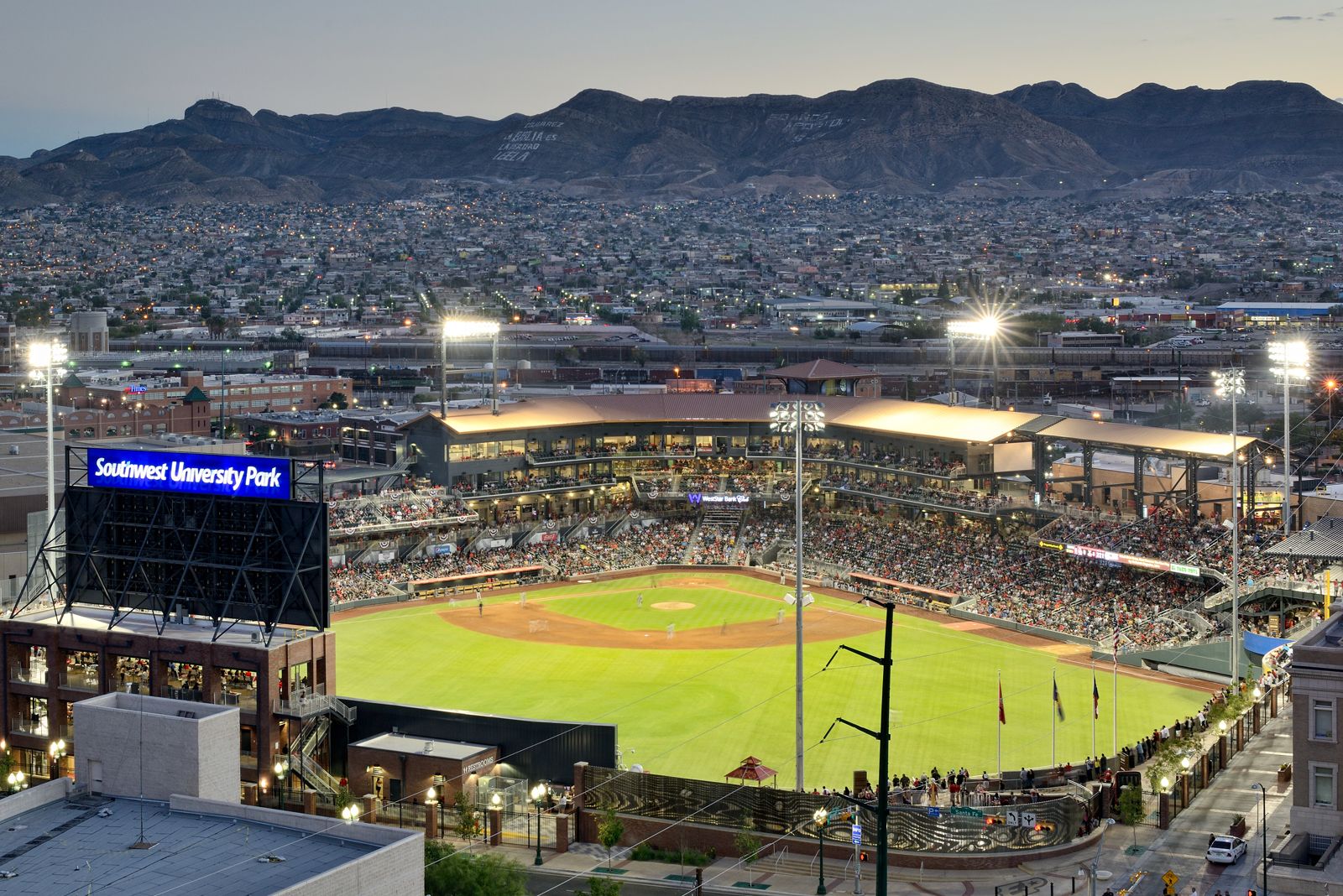
Southwest University Park—Home of El Paso’s Chihuahuas is built over El Paso’s former City Hall, which was demolished by implosion on April 14, 2013 to make way for the new stadium. The state-of-the-art ballpark was designed by Populous, which also designed Major League stadiums like PETCO Park, home of the San Diego Padres and Yankee Stadium.
The significance of this photo is attracting community to the downtown area of El Paso.
And yes…our mascot is a Chihuahua.
La Mujer Obrera Community
Photography and text by Ruben Garcia
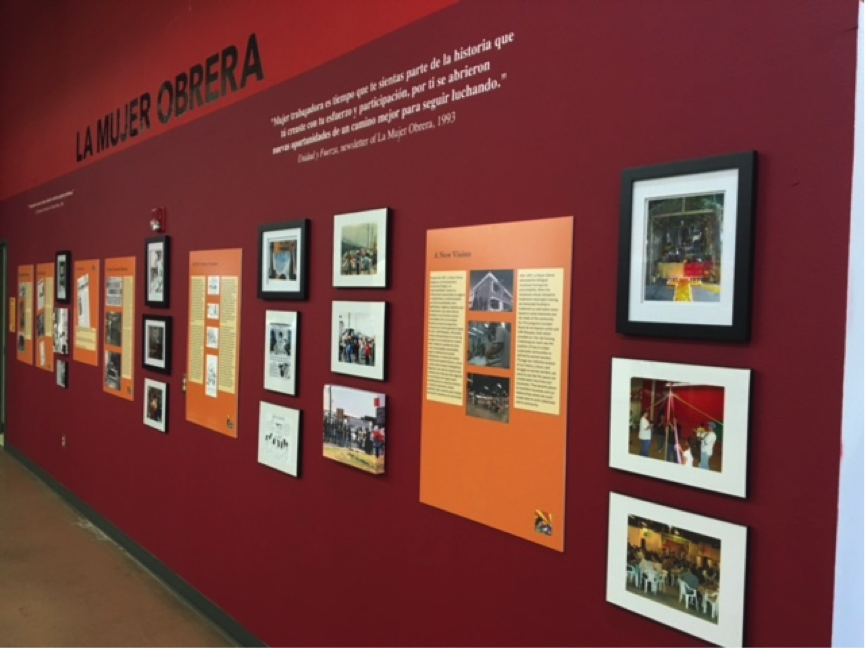
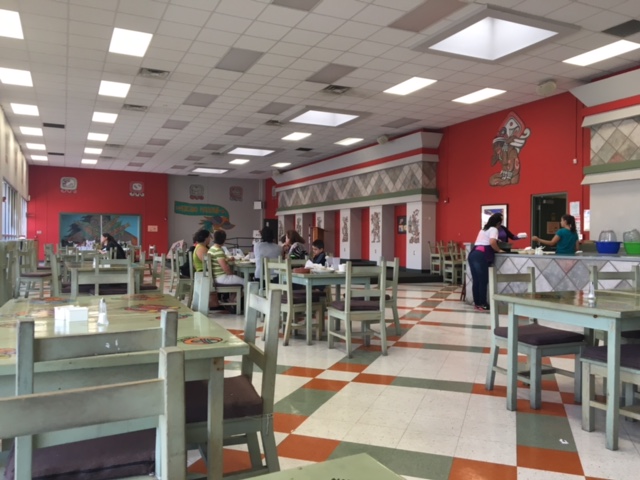
The photos above represent the Mayapan Café that houses the Museo Urbano and the Mujer Obrera (Worker Woman) organization among other things; it is located in Central El Paso, Texas. The café includes a restaurant, store, museum, daycare and farmer’s market all run by the local community.
There are many partitions with exhibits on them dedicated to the woman workers that play a vital role in this community.
This photograph reflects the communities’ active participation in investing in them by providing a location where the community can learn about itself and interact with fellow citizens to form stronger bonds. The organization’s main goal is community involvement in all aspects, from community organizing to establishing sustainable social initiatives.
Flinders Street Station
Photography and text by Hayley Carroll and Mary Biffa

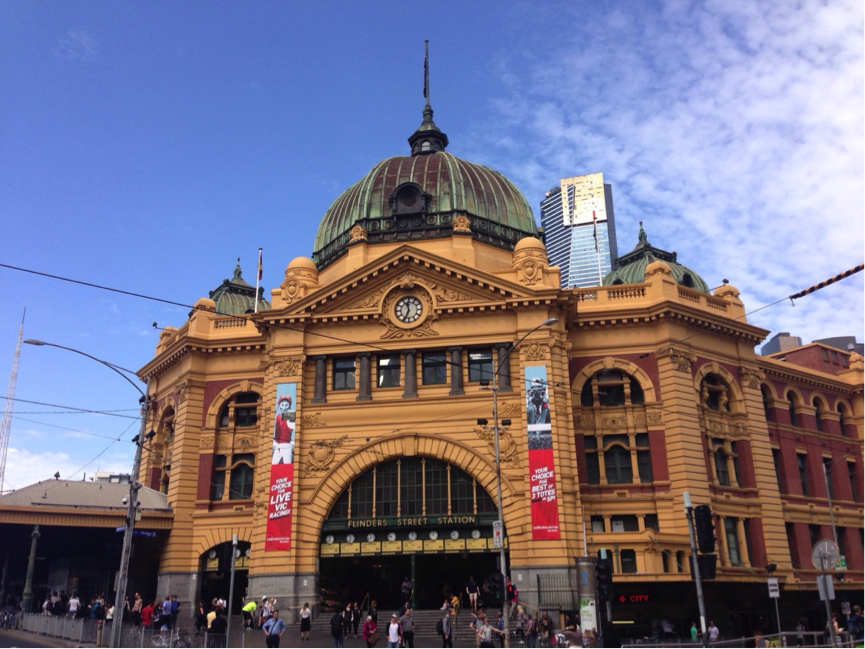
Flinders Street Station in 1854 used to be a collection of weatherboard sheds and was known as the ‘Melbourne Terminus’. It was the first steam rail station in Australia. A lot of people came to visit, to see the first steam railway. In 1889 the railway commissioner organised a competition to see who could design the best station. The first prize was 500 pounds. Work started in 1901 and finished around 1910 and cost approximately 514,000 pounds. It was since then used as a place to catch up and greet friends within Melbourne, hence the old Melbourne catch phrase: “Meet me under the clocks”, referring to the clocks above the steps.
The La Hacienda Café
Photography and text by Diana Lares
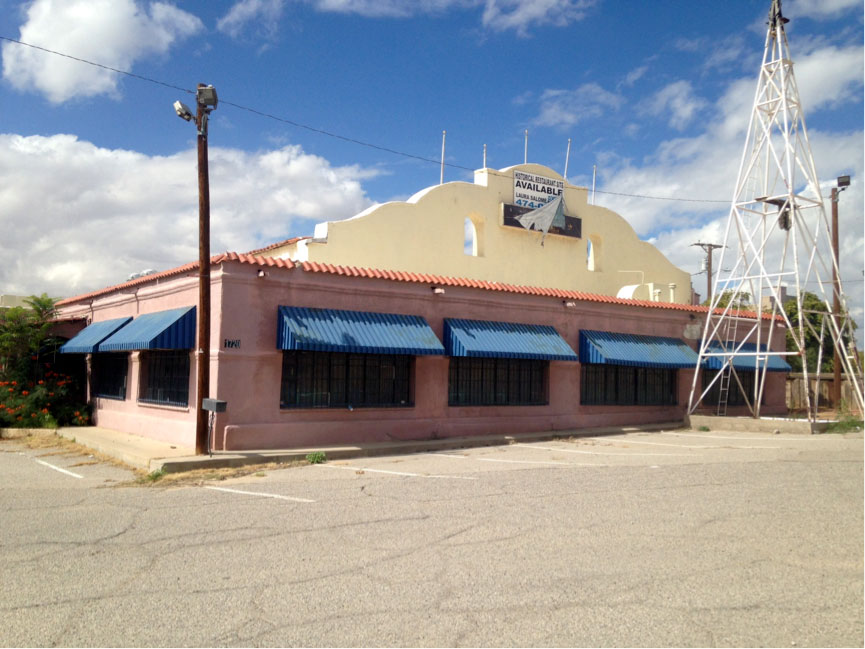
The Hacienda café, one of the oldest buildings in El Paso, marks the spot where Don Juan de Onate first crossed the Rio Grande, on May 4, 1598. The location used to house a stagecoach stop and a gristmill, owned by Simeon Hart.
The building, which became La Hacienda, was once the house of the Hart family. Since La Hacienda is located close to the UTEP campus, it was once a popular place for students to meet, eat and study. It used to have the student-made nickname of “union” until the student union opened on campus on 1949.
University of Texas at El Paso
Photography and text by Marissa Porras
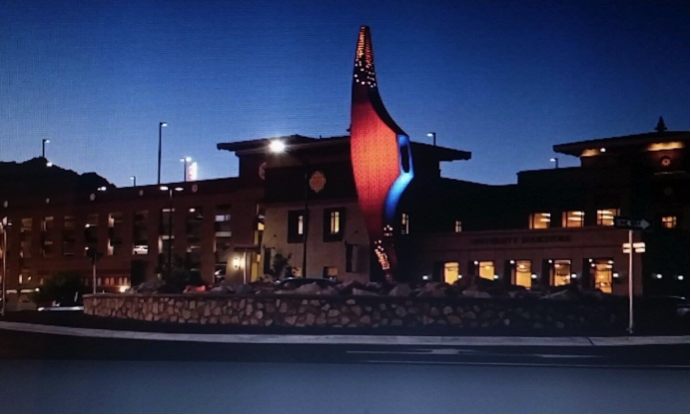
This picture represents both past and present communities. It first started as the School of Mines and Metallurgy in September of 1914, was later renamed Texas Western College in 1949 and was finally renamed the University of Texas at El Paso in 1967. Our school mascot is “The Miners” so it shows how it’s been 100 years since the school first opened and the original name has generally stayed with the University. The significance of this picture is that we’re a community who generally wants to improve and have a better future which is why we are going to school.
Melbourne Street Art
Photography and text by Michelle Lenehan

The City of Melbourne has designated a few streets within the CBD where you can legally graffiti and show your art. Some youth love the idea and we have also heard that it takes away the so called “thrill” for some. The significance of this photo is that the community saw that youth and others wanted spaces to show case their art and the community finally listened and now we have a few streets for youth to go experiment.
















